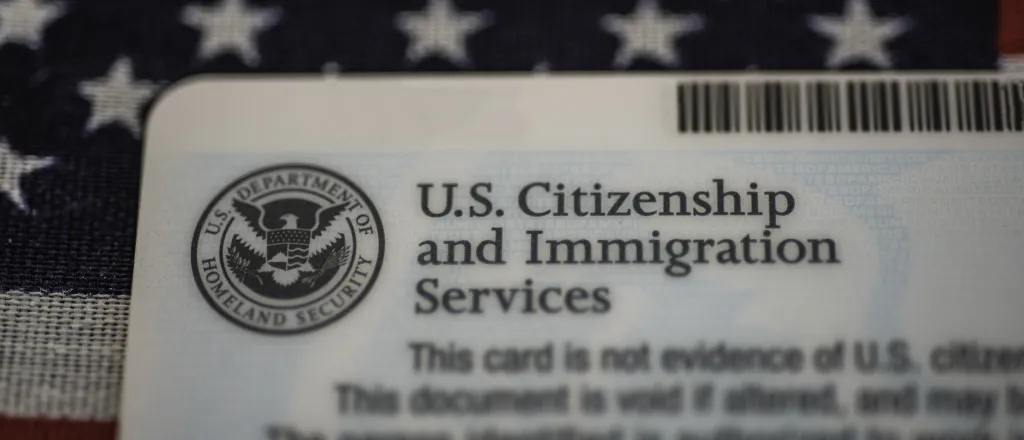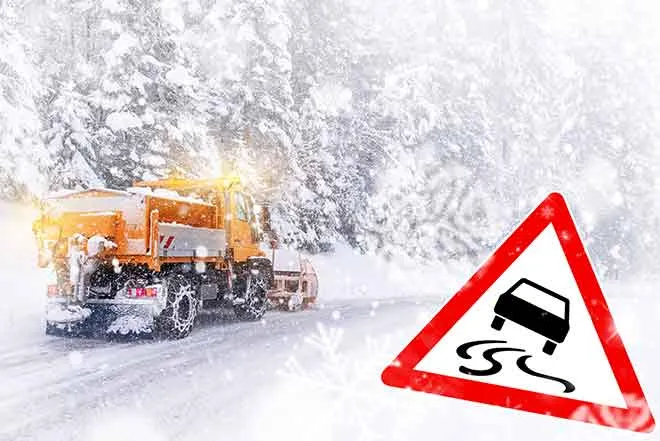
House to consider resolution banning schools from sheltering illegal immigrants
(The Center Square) – The U.S. House of Representatives plans to take up legislation this week that would ban the use of public elementary and secondary schools as overflow housing for undocumented migrants, a practice some local governments have recently begun implementing.
The Committee on Education and the Workforce published the text for House Resolution 461 last week, titled “Condemning the use of elementary and secondary education facilities to provide shelter for aliens who are not admitted to the United States.”
The resolution’s sponsor, U.S. Rep. Mariannette Miller-Meeks, R-Iowa, wrote in the resolution that “school children in the United States should not bear the burden for the disastrous immigration policies of either the Biden administration or local leaders.”
Miller-Meeks said that sheltering aliens not admitted in the U.S. would and has diverted educational resources from children “already suffering from historic learning loss” after the pandemic. She cited a case of 300 immigrants sheltered in current or former public-school gymnasiums in New York City May 16 and 17, including New York City Mayor Eric Adams’ announced plans to use up to 20 public school gyms as overflow housing.
The resolution further said that “hosting such aliens on school campuses poses a significant safety risk to school children and compromises schools’ ability to secure their own campus.”
Miller-Meeks argues that allowing school gyms to be used as housing would also impede access to safe recreation and might force students to spend the entire school day with little exercise.
Resolution 461 also resolves that elementary or secondary schools should be ineligible to receive federal financial assistance if it shelters, houses, or provides a sanctuary for illegal aliens.
The legislation was cosponsored by 12 other Republicans on the committee.

















